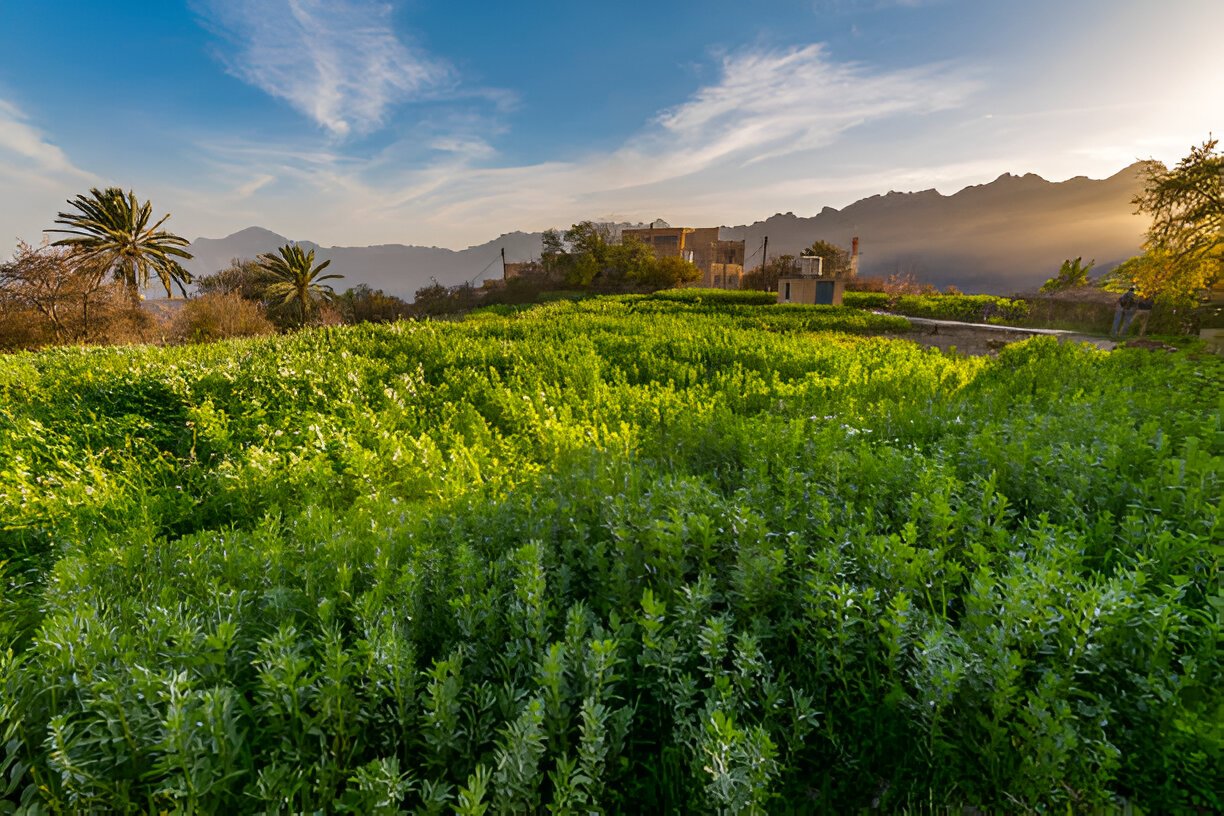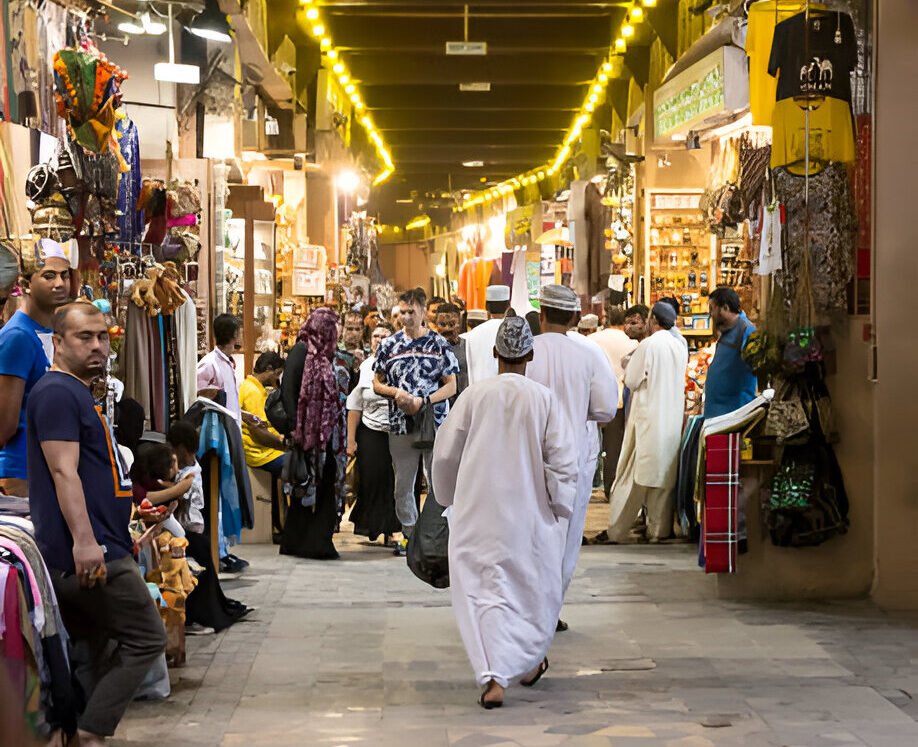
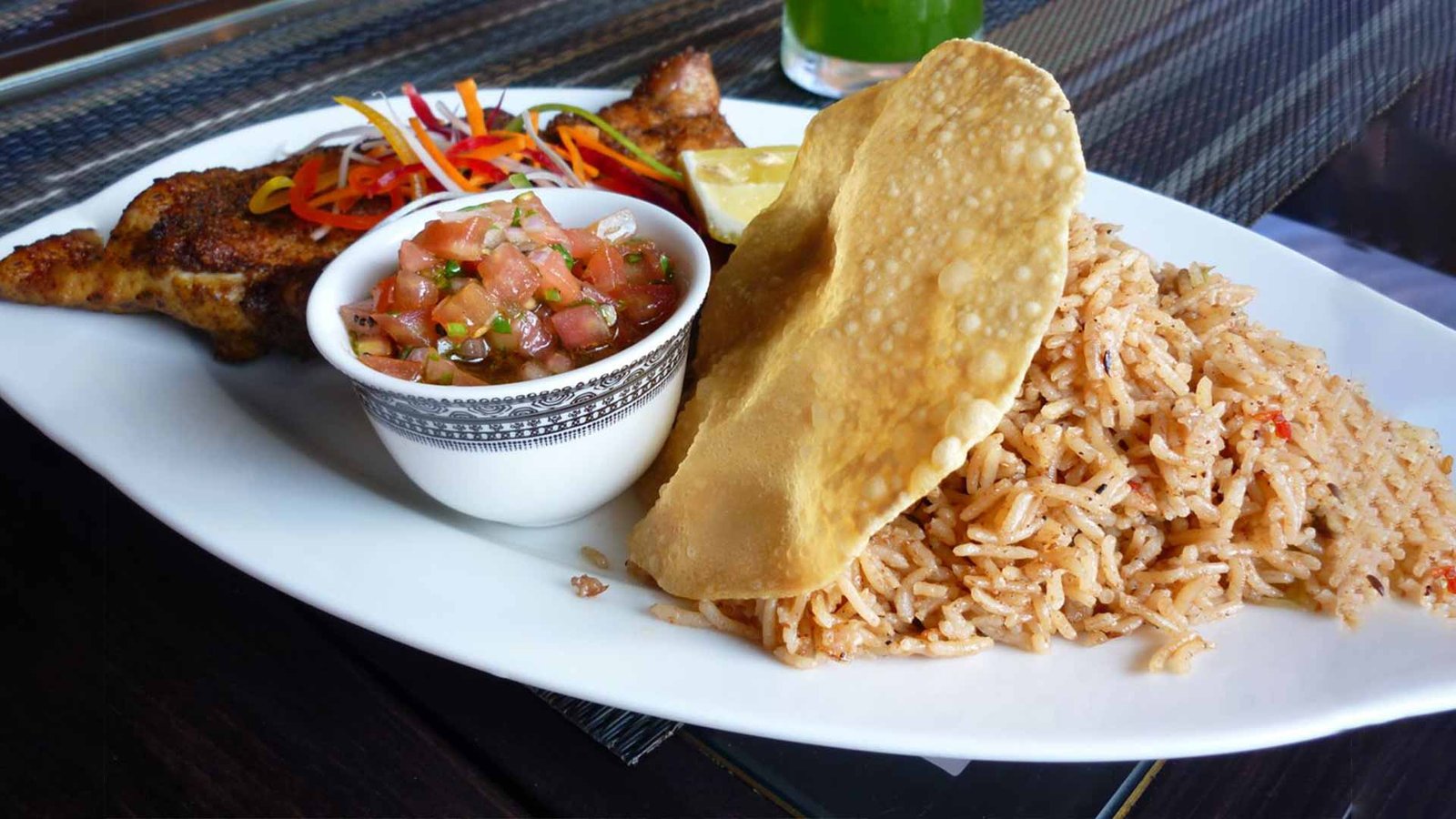
Majboos, alternatively known as Kabsa, is eaten in Oman and it is the type of rice that is full of colors and flavors. It usually consists of spiced rice, meat (most often chicken, lamb, or fish), and a mixture of flavored spices like saffron, cardamom, and cloves.
By sea or by land, every time one orders Majboos, you are in for a sensory wild ride, with the colors so few yet so bright and the flavors, so pure and intense.
Only prepared during special occasions like Eid, shuwa is a treat not to be missed in Oman. Shuwa is a traditional dish in Omani cuisine, consisting of lamb or goat marinated in spices and slowly cooked underground in a sand oven for about 48 hours. The result is tender, flavorful meat that melts in your mouth.
Mashuai is another traditional dish in Omani cuisine, made with kingfish and served with a bowl of lemon rice. The fish is marinated with spices to give it a distinctive taste, and this dish is particularly popular in coastal areas.
“Mashuai is food that tastes like the sea, combining so well with lemon and the warmth of spices,”
Harees is a beloved dish that holds a special place in Omani cuisine, as well as across the Arab world. This hearty comfort food is made from wheat, tender meat, and a blend of spices that come together to create a dish that’s both filling and flavorful.
Its unique texture and satisfying nature make Harees a favorite, particularly during the holy month of Ramadan. It’s during this time that families gather to enjoy its simple yet unbeatable taste, a tradition cherished by people of all ages in Oman.
To savor Harees, especially during Ramadan, consider pairing it with a fresh hispy salad. The light, crisp flavors of the salad provide a refreshing contrast to the rich and hearty Harees, enhancing the overall dining experience.
Harees is also a versatile dish, making it a delightful option for both breakfast and dinner. Its balanced combination of ingredients ensures that it fits perfectly into any diet, offering both nourishment and satisfaction.
For a complete meal, enjoy Harees alongside a cup of traditional Omani coffee, paired with dates. This combination not only complements the dish but also offers a taste of authentic Omani cuisine that reflects the country’s rich culinary heritage.
Incorporating Harees into your meals allows you to experience a true taste of Omani cuisine, a dish that embodies the warmth and hospitality of Omani culture.
Omani Halwa is a quintessential sweet that holds a special place in the heart of Omani culture. This gelatinous dessert is made from a delicate blend of candy sugar, rose water, saffron, and a mix of nuts, creating a treat that is both aromatic and irresistibly tasty. Halwa plays a crucial role in Omani ceremonies and events, often served as a symbol of hospitality and celebration.
You will frequently find Omani Halwa paired with a cup of strong, fragrant Omani coffee, offering a perfect balance that completes the dining experience. As one dessert lover beautifully puts it, “Omani Halwa is a deliciously sweet token of hospitality and jubilation.“
Madrouba, derived from the Arabic word for “beaten,” is a comforting dish made from rice, chicken, and a rich blend of spices. The dish is slow-cooked until the rice and chicken become tender enough to blend into a creamy, flavorful mixture. This traditional dish is a favorite comfort food in Omani cuisine, offering warmth and satisfaction with every bite.
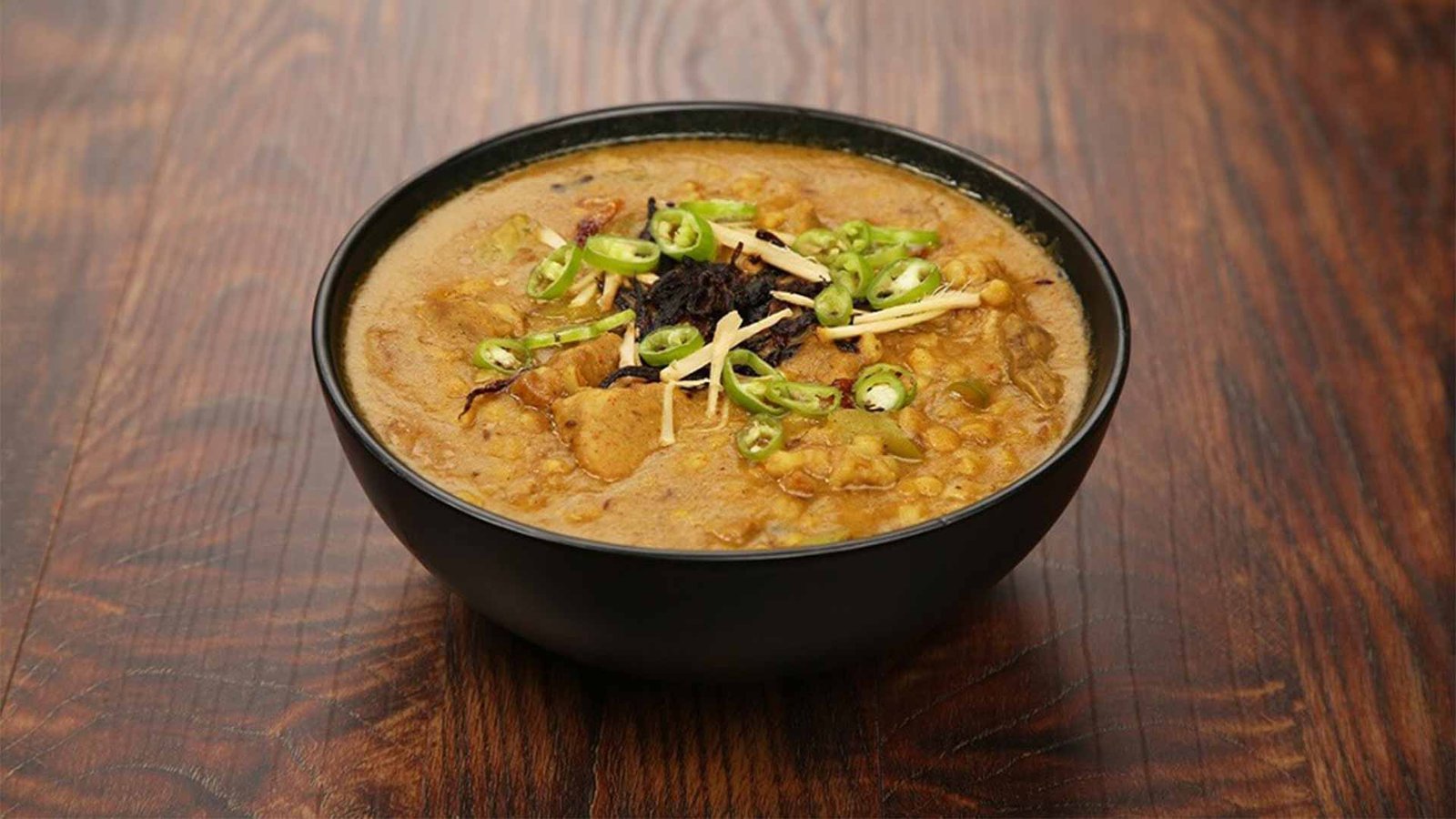
No meal in Oman is complete without bread, an essential staple of Omani cuisine. From the thin, crispy Rukhal bread to the thicker, spiced Khubz, Omani bread comes in various forms, each adding its unique flavor and texture to the meal. Whether served alongside stews or enjoyed on its own, Omani bread is a versatile addition to the dining table.
Experiment with different types of Omani bread to find your favorite. Enjoy it fresh out of the oven, where its flavors are at their peak. Use the bread to soak up the rich flavors of the main course, or indulge in it as a sweet treat with honey, a simple yet delightful way to appreciate this staple of Omani cuisine. As one bread enthusiast mentions,
The warmth and texture of freshly baked Omani bread create a comforting connection to the heart of Omani culture.
These dishes are just a glimpse into the rich and diverse world of Omani cuisine, each offering a unique taste of the traditions and flavors that define this beautiful country. Whether you’re indulging in Halwa, savoring Madrouba, or enjoying a piece of freshly baked Omani bread, you’re experiencing more than just food—you’re tasting a piece of Oman’s cultural heritage.
Maqbous, a beloved staple of Omani cuisine, is a flavorful rice dish that shares similarities with Majboos but has its own unique preparation method. It features a distinct blend of spices and ingredients, including saffron, turmeric, and black lime. The black lime imparts the rice with its characteristic yellow hue and a tangy, sour flavor that sets it apart.
Maqbous is a plate bursting with colors, full of the amazing cuisines of Omani, known for its highly aromatic and fragrant nature due to the exuberant use of spices.
Sakhana is a cherished Omani dish that perfectly balances sweet and savory flavors. Made from wheat, dates, molasses, and an array of spices, this pudding is especially popular during the colder months, offering warmth and comfort to both body and spirit.
This delightful dish is typically enjoyed in the winter, providing a cozy and satisfying meal. For those looking to add a little extra texture, “Add nuts or honey to your Sakhana for a delightful crunch,” suggests a local chef.
Luban, also known as Frankincense, is a truly unique ingredient in Omani cuisine. Often used as a mild sweetener and flavoring agent, this fragrant tree resin adds a mystical and soothing quality to various dishes and beverages. It’s a hallmark of Omani culture and cuisine, offering a taste experience like no other.
Luban is not just an ingredient; it’s an experience that brings the ancient traditions of Oman to life.
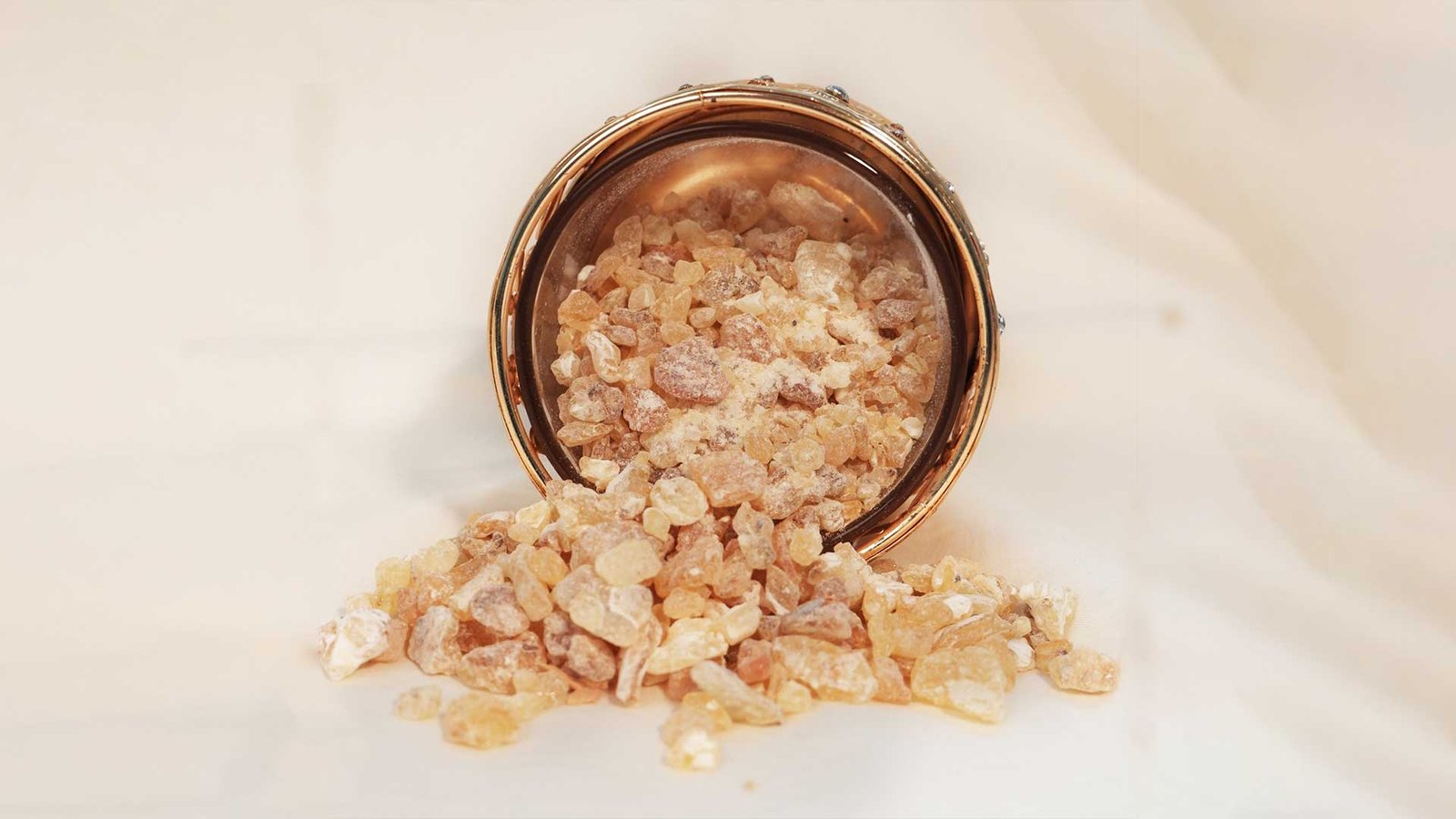
Labun is a traditional Omani yogurt drink that holds a special place in Omani cuisine. Made from fermented milk or yogurt, this beverage is not only a thirst-quencher but also a cultural delight that reflects the rich culinary heritage of Oman.
This drink is especially popular during the scorching summer months when it offers a cool, refreshing escape from the intense heat. Labun is often enjoyed alongside chili and other spicy dishes, providing a perfect balance to the bold flavors typical of Omani cuisine.
What makes Labun truly unique is its simplicity and versatility. It can be found in almost every household in Oman, often prepared using time-honored methods passed down through generations. As the saying goes, “A sip of Labun is like a breath of fresh air,” embodying the drink’s role in daily life.
In many parts of Oman, Labun is more than just a drink; it’s a symbol of hospitality and tradition. When you visit an Omani home, you’re likely to be offered a glass of Labun as a welcoming gesture, a practice that underscores the deep-rooted customs of Omani culture.
Labun’s popularity extends beyond its taste. It’s valued for its health benefits as well. Rich in probiotics, it aids in digestion and is often recommended as a natural remedy for cooling the body. This dual role of Labun—as both a delicious drink and a health booster—makes it an indispensable part of Omani cuisine.
Omani coffee, known locally as Kahwa, is more than just a beverage; it’s a fundamental part of Omani cuisine and hospitality. Traditionally brewed with aromatic cardamom and often served alongside sweet dates, Omani coffee is a symbol of friendship, respect, and warmth. The ritual of preparing and sharing coffee plays a significant role in the social fabric of Oman, making it an essential experience for anyone exploring Omani culture.
To truly appreciate the cultural richness of Omani coffee, visiting a traditional coffee shop is a must. Here, you can witness firsthand the genuine hospitality that Omanis are known for, where the sharing of coffee is a moment of connection and conversation.
For an authentic experience, pair your Kahwa with dates or the local sweet delicacy known as Halwa. This combination not only enhances the flavor but also gives you a deeper understanding of how Omani cuisine celebrates the blend of sweet and savory.
The coffee ceremony in Oman is more than just a serving process; it’s an intricate tradition that reflects the country’s social values. Understanding the role of this ceremony in Omani culture will allow you to engage in meaningful discussions and enrich your experience.
As Omani poet Mubarak Al-Saiari eloquently states, “In every cup of coffee, there’s a story of our land, our people, and our hospitality.” By embracing this knowledge, your encounter with Omani coffee becomes not just a tasting session but a cultural journey.
In summary, the experience of Omani coffee is a window into the heart of Omani cuisine and culture. Whether you’re visiting a local coffee shop or engaging in a coffee ceremony, each sip offers a deeper connection to the traditions that define this remarkable country.
Understanding the dining etiquette in Oman is essential for fully appreciating the experience of enjoying Omani cuisine. The traditions and customs surrounding meals are deeply rooted in the culture and add to the authenticity of the dining experience. Omani cuisine is not just about the flavors but also about the manner in which the food is shared and consumed.
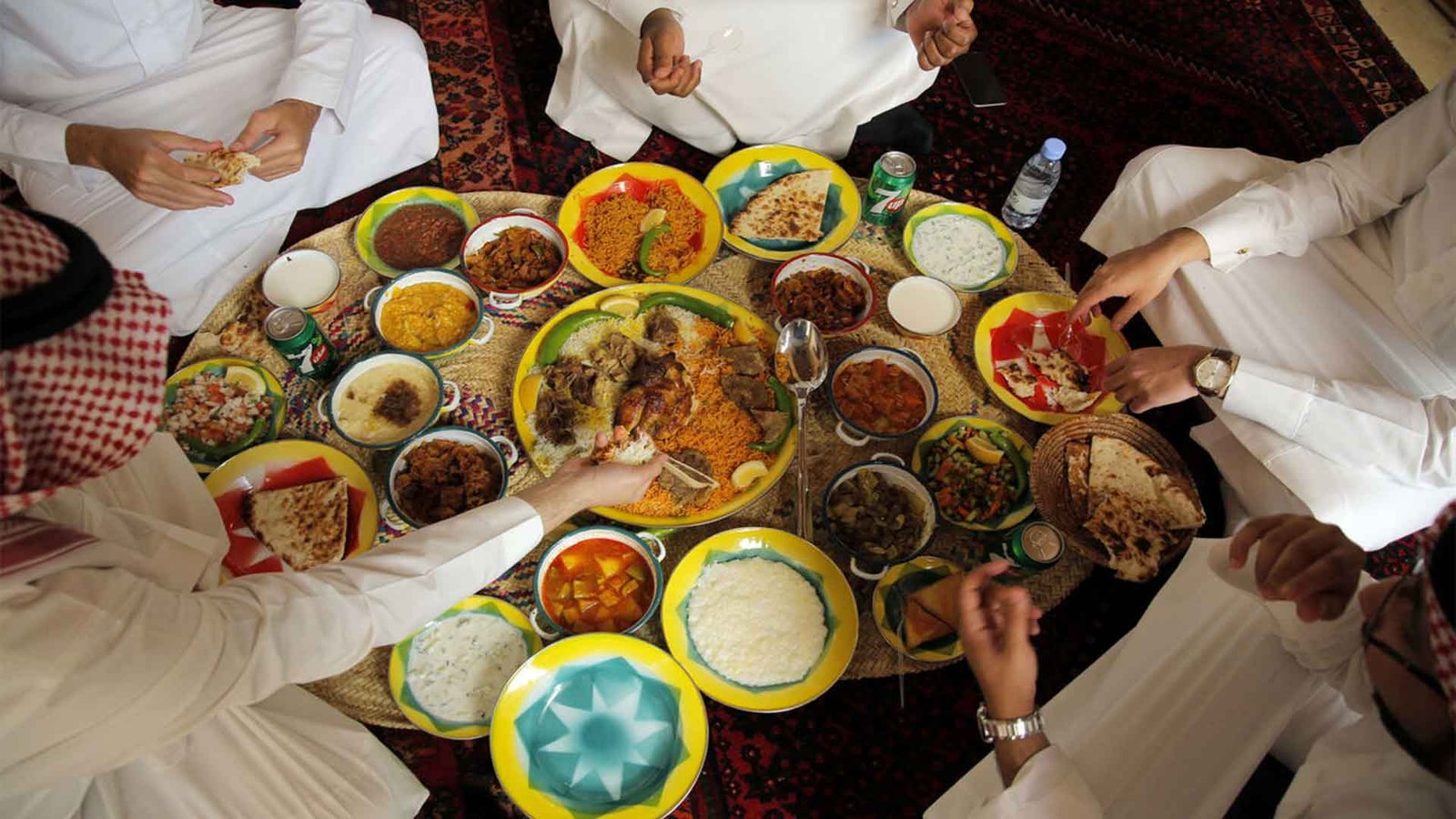
The essence of Omani cuisine lies not only in its rich flavors but also in the warmth and hospitality with which it is served.
For those looking to dive deeper into the culinary traditions of Oman, taking a cooking class is the perfect opportunity. These classes offer a hands-on experience in preparing traditional Omani dishes, allowing participants to learn the techniques and secrets behind the flavors of Omani cuisine.
Choose classes that include a market tour. This not only provides insight into the selection of ingredients but also gives you a chance to experience the vibrant market culture firsthand.
Pay attention to the instructor’s tips and techniques. Even small details can make a big difference in recreating authentic Omani dishes at home.
“Cooking Omani cuisine is an art that connects you to the history and traditions of Oman. Each dish tells a story of the people and the land.“
When using spices in our food, our goal should be to create a well-balanced meal that provides essential nutrients for health. Spices play a significant role in achieving this by adding diversity and variety to our dishes.
In Omani cookery, the most frequently used spices include saffron, cardamom, cinnamon, cloves, and black lime. These spices are often blended in various combinations to create unique flavors that define Omani cuisine.
The use of spices in Omani cooking is a reflection of the country’s historical role as a trading hub. Spices were exchanged and incorporated into local recipes, enriching the culinary landscape.
Spices in Omani cuisine have the power to transform simple ingredients into aromatic and delicious dishes. The thoughtful use of these spices elevates the overall dining experience.
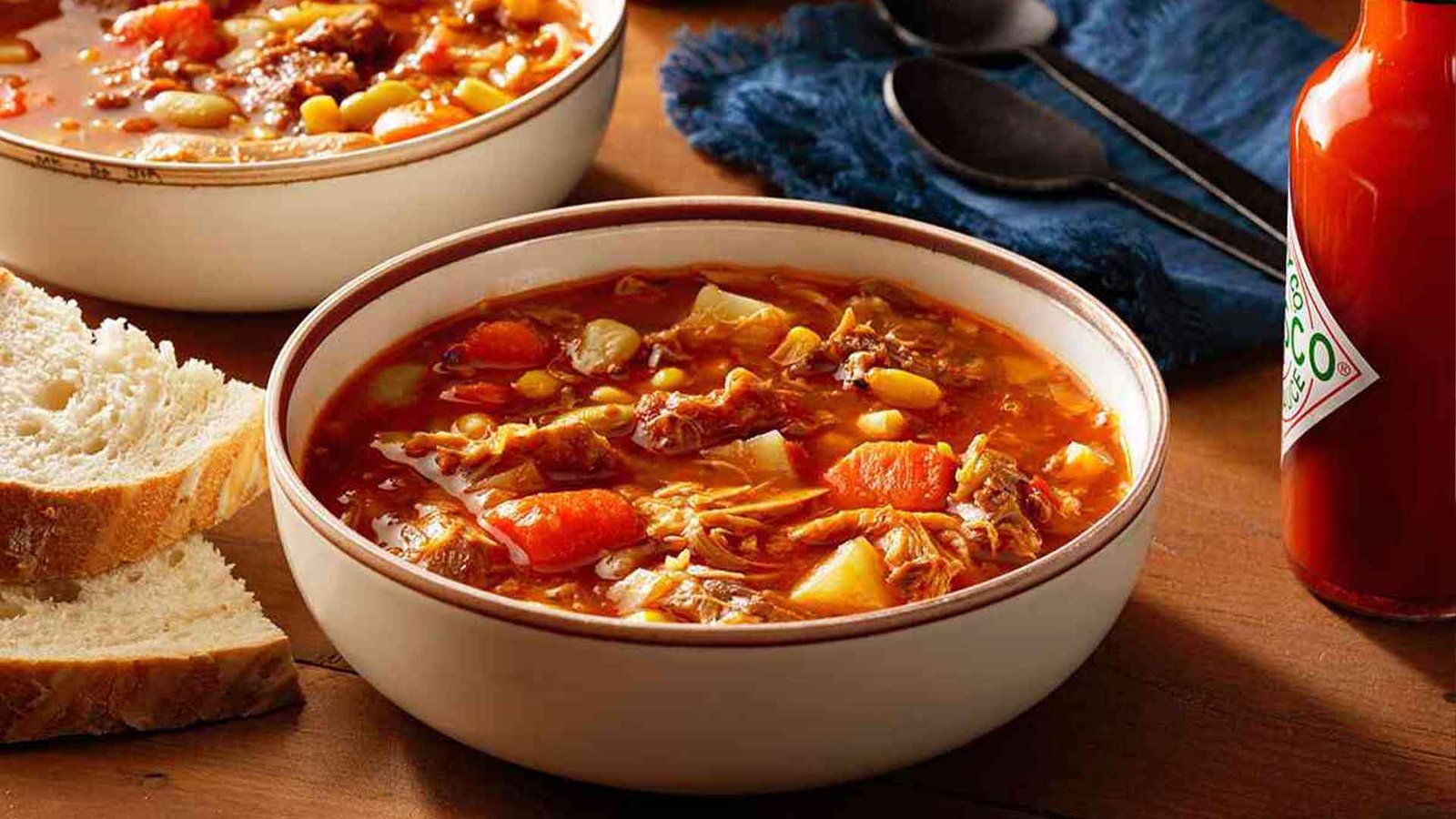
To get a true feeling of Omani gastronomy it is very important to find the finest dishes. Ranging from posh restaurants to street vendors, Oman has so much to offer in dining.
Recommended Places to Eat:
Al Angham: Al Angham located in Muscat, is the place where you can savor the best traditional Omani dishes covering a variety of tastes in a unique atmosphere.
Kargeen Caffe: Also in Muscat, Kargeen Caffe is a cafe that stands out as the most chill and has added Omani taste and international brands to their menu too. It is a cafe with a cozy and light-hearted atmosphere, where locals and tourists can sit and have a cup of coffee.
Tips for Dining Out:
There is an extensive variety of different tastes, traditional cuisines, and cultural influences in the Omani cuisine. Every single dish tells a story; it inherits its taste from the fragrant spices, the nutritious stews, and sugar-coated desserts. Be it at a fancy restaurant or experiencing street food, the culinary excursion in Oman is all about the journey of surprise and joy. So, discover this path and stop paying attention while your senses travel with the delicious tastes of Oman.
Never miss any important news. Subscribe to our newsletter.

